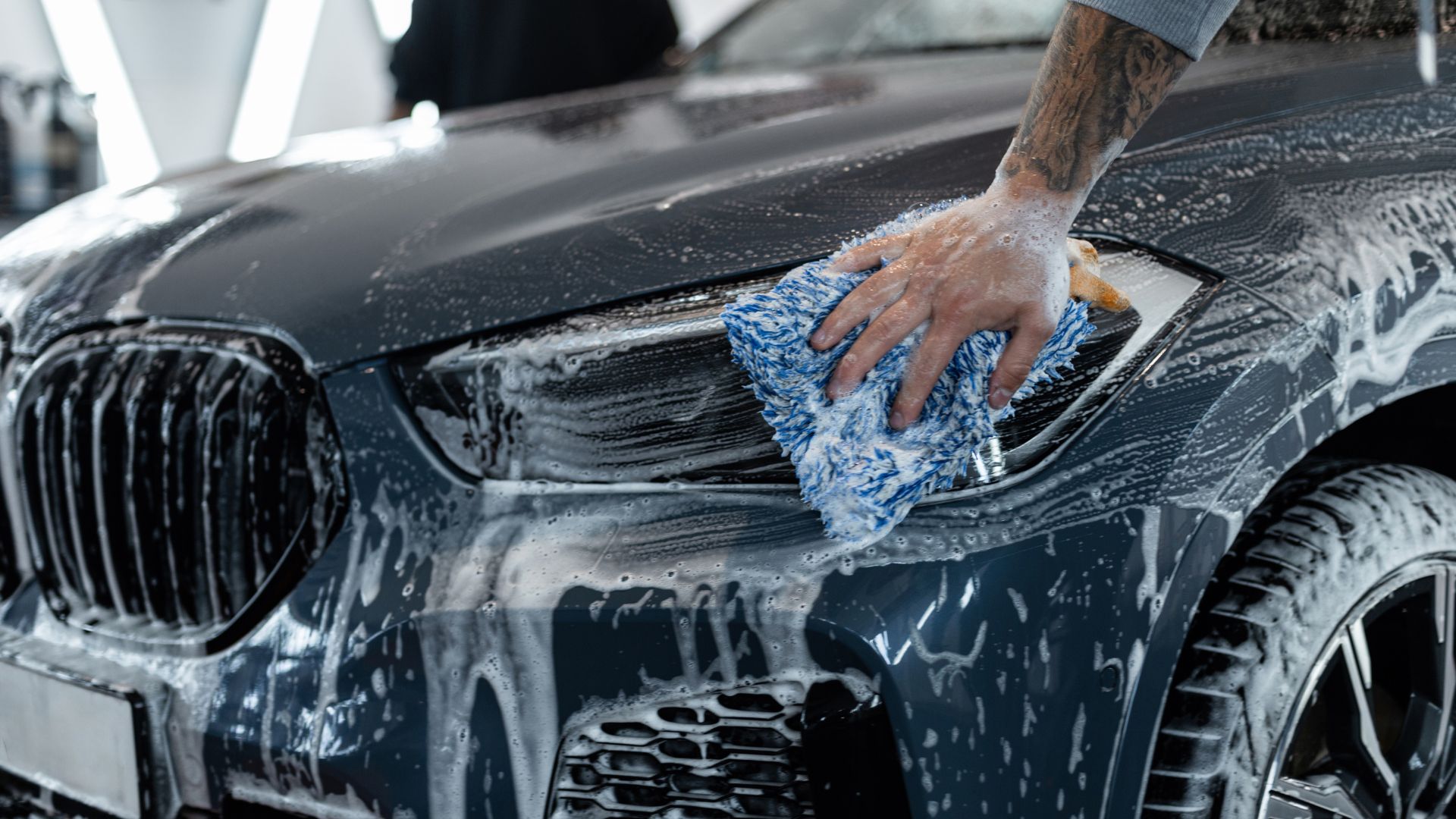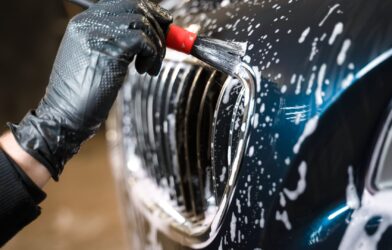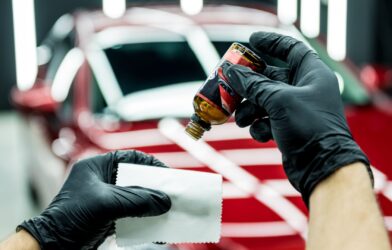Subtotal ₹0.00
How the new fiscal policies will shape the supply chain, pricing, and growth of the Indian detailing industry
🚗 Introduction
Every year, India’s Union Budget brings new policies impacting multiple industries, and auto detailing is no exception. In 2025, with India’s booming car ownership and detailing market, changes in import duties, GST rates, and customs regulations will directly affect:
- The cost of imported detailing products like ceramic coatings, PPF films, polishing machines, and chemicals.
- The availability and variety of international premium brands.
- Pricing strategies for studios and retailers across India.
This article dives deep into the key 2025 Budget provisions impacting auto detailing imports and what Indian entrepreneurs and studios should prepare for.
🔍 Current Landscape of Auto Detailing Imports in India
India heavily relies on imports for high-quality detailing equipment and materials. Some key imported categories include:
- Paint Protection Films (PPF)
- Ceramic and Graphene Coatings
- Advanced Polishing Machines (DA, Rotary)
- Premium Chemical Formulations
- Professional-grade tools and accessories
Most of these products come from countries like the USA, Germany, Japan, South Korea, and China.
🏛️ 2025 Budget Highlights Affecting Detailing Imports
1. Customs Duty Changes
The government has adjusted customs duty slabs on certain luxury and non-essential imports to encourage domestic manufacturing and make imported goods slightly costlier.
- Paint Protection Films and Polymers: Duty hiked from 10% to 15%
- Ceramic & Graphene Coatings (Chemical Imports): Duty remains stable but GST implications increased
- Polishing Machines & Tools: Increased duty by 2-3%, with exemptions for some eco-friendly and energy-efficient products
Implication: Studios importing PPF and coating materials will face higher landed costs, potentially increasing retail prices by 5-10%.
2. Goods and Services Tax (GST) Revisions
- GST on imported detailing chemicals and machines is now standardized at 18% across categories.
- Some premium imported products classified under luxury goods may attract GST up to 28%.
3. Promotion of Make in India
To boost the domestic detailing products industry, the budget offers:
- Tax rebates and subsidies for Indian manufacturers of detailing chemicals and machines.
- Easier credit access and export incentives for startups producing detailing-related goods.
📈 What This Means for the Indian Auto Detailing Industry
For Importers and Distributors:
- Increased Costs: Higher customs and GST rates mean importers must either absorb costs or pass them on.
- Inventory Management: Strategic stocking ahead of the new fiscal year to lock in current rates might be necessary.
- Shift to Indian Products: Growing incentives will encourage importers to explore and promote domestic alternatives.
For Studios and Detailers:
- Price Adjustments: Service pricing may see upward revisions to balance higher input costs.
- Product Choice: Some studios may switch to newer Indian-made coatings and PPF films, balancing quality with cost.
- Brand Positioning: Premium studios can leverage the “imported luxury” tag but must justify higher prices.
For Entrepreneurs and Startups:
- Opportunity to Manufacture: The Make in India push provides a lucrative window for startups to manufacture coatings, films, and tools locally.
- Franchise Expansion: Studios may franchise more aggressively in Tier-2 and Tier-3 cities to tap cost-conscious consumers with affordable, Indian-made products.
🌟 Conclusion
The 2025 Budget signals a turning point for the Indian auto detailing industry. While imported products will face slightly higher costs, government incentives for domestic manufacturing open new avenues for growth and innovation.
Studios, importers, and entrepreneurs must stay informed and agile—adapting their sourcing, pricing, and marketing strategies to thrive in this evolving landscape.










